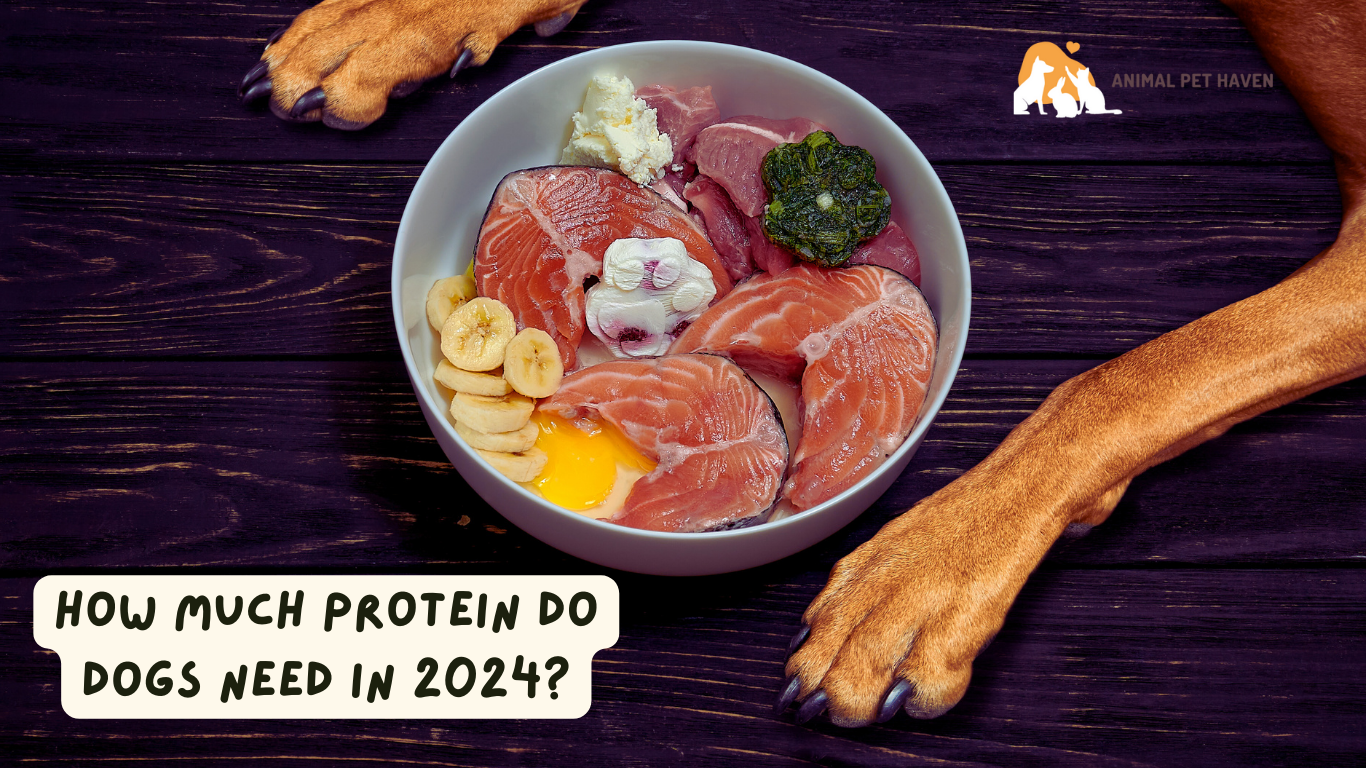Different dogs require different amounts of protein depending on their age, size and energy needs. An active puppy will require a different amount of protein than a sedentary adult dog or a canine athlete. The amount of protein needed can also depend on the quality of protein an individual dog is consuming.
Growing Puppies
On average, puppies require a minimum of 28 percent protein on a dry matter basis. Small breed puppies and their mixes have tiny stomachs and are at risk of hypoglycemia. They need a higher percentage of protein per cup of food than larger breed puppies of the same age.
Large-breed puppies fed protein over the recommended amount may grow too quickly and may suffer from bone and joint problems during adolescence.
Adult Dogs
Most adult dogs have only moderate energy requirements. Since they are no longer growing and do not need to make major repairs or muscle development, they only require about 18 percent protein in their diet. However, adult dogs need at least this amount to stay fit and healthy.
Lower amounts of protein are only recommended for dogs with diseases that prevent them from metabolizing normal amounts of protein.
Dogs with Special Needs
Canine athletes, often called performance dogs, as well as working dogs, need higher amounts of protein to maintain muscle and repair wear and tear. These dogs may require 25 to 35 percent protein in their diet. Dogs nursing a litter also require 28 percent or more protein.
Older dogs may require a lower protein percentage if they have kidney or liver damage. However, older dogs in otherwise good health may require a higher protein content in their diet because their bodies have to work harder to digest them.
Protein Facts
Not all proteins are created equal. The source of protein and its digestibility affect a dog’s ability to use protein efficiently. Ingredients are listed in descending order of weight on the food label; manufacturers do not specify digestibility, but food that places meat at the top of the ingredients list will contain more usable protein than foods that do not, or foods that list ingredients such as “meat and bone meal.”
Carbohydrate-based proteins are not as digestible. Meat meal from which the liquid has been removed provides more protein than liquid-based meat meal.
Myths About Proteins
It is generally believed that feeding dogs too much protein will lead to kidney damage. This belief turned out to be false. A healthy dog will eliminate excess protein. High amounts of protein in dog food have also been accused of causing hyperactivity in dogs; however, no evidence supports this claim.
Read More…
How to Introduce Dogs to Each Other at Home
How To Care For Your Dog Paws in 2024?













